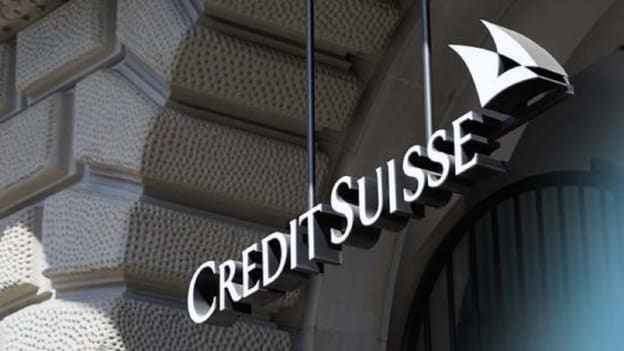Credit Suisse slashes bonus pool, blames 2021 losses

Just a month after the big Wall Street investment banks made headlines with enormous bonus payouts and even massive stock awards programmes to attract and retain talent, Credit Suisse is standing out from the crowd - for slashing its bonus pool by nearly one-third.
In its 2021 financial results released last week, the Swiss multinational revealed that its variable compensation pool was down by 32% for 2021, primarily because its investment banking arm has been making huge losses. Last year, Credit Suisse's investment banking business lost 3.7 billion francs (US$4 billion), with nearly half of this loss incurred in the fourth quarter of 2021 alone. As a result, compensation spending in the investment bank was cut by 12%, the highest reduction across all of Credit Suisse's businesses.
The decline was partly due to major losses, including the US$4.7 billion loss the bank suffered when Archegos collapsed, and partly due to an executive decision to cut back on the investment banking business because of those losses. Then-chairman António Horta-Osório said last November that Credit Suisse would be focusing more heavily on risk management.
The drop in the bonus pool comes just weeks after Credit Suisse announced that it would be paying a higher proportion of its bonuses in cash, apparently to try and retain senior staff amid a wave of inter-bank talent poaching. Those upfront cash awards were handed out to senior bankers earning US$250,000 and above, with the caveat that if they left within three years after receiving the bonus, the bank would claw back part of it.















